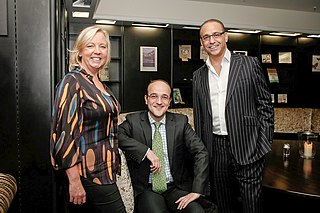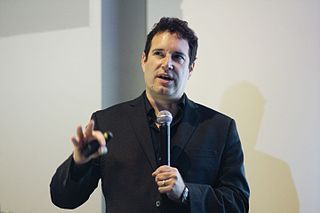A Quote by Aliko Dangote
Manufacture, don't just trade. There is money in manufacturing even though it is capital intensive. To achieve a big breakthrough, I had to start manufacturing the same product I was trading on; which is commodities.
Related Quotes
We have a very good history of manufacturing in this country but I worry that these skills are being lost. We walk around saying, 'We haven't got any manufacturing any more' but Made In Britain really means something, particularly in other parts of the world. We need to support British manufacturing.

































